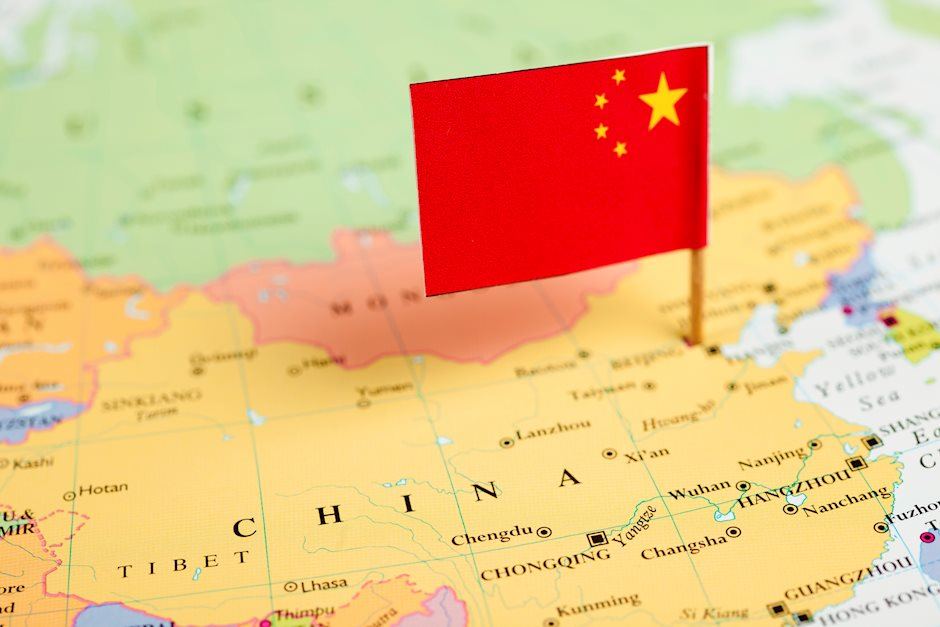What to expect from China's National People's Congress

Sunday marks the start of the annual, week-long National People's Congress (NPC) in China. That's when all the country's leaders get together to lay out key national policies for the rest of the year and beyond. This will be the first time since the end of the covid restrictions that the NPC is held, and it has gained additional relevance this time around as there will be changes to the leadership in key government roles.
One of the main economic points expected from the Congress is setting the target for GDP growth for 2023. Last year, China's economy grew by 3.0%, affected by zero-covid policy disruptions. That was the second worst economic performance since 1970, and the largest miss of the target ever, after the Congress had targeted 5.5% for 2022.
Recovery or overdrive?
The consensus is that the NPC will set a growth target of 5.0% for 2023, considering global economic weakness and the undershoot in the economy last time. However there have been some press reports that officials are getting ambitious, looking to not only return to growth, but to make up for the "lost year" of 2022. Provincial governments have averaged growth targets of 5.6%.
However, pushing growth would imply increasing prices, considering traditional economic models. China has been in full-on easing mode since the start of Covid and the collapse of the housing industry. Inflation has remained officially under wraps, and the head of the PBOC recently said that interest rates were in line. The NPC is also expected to set inflation targets, which are seen more as a "non binding ceiling". Last year inflation was at around 2%, and it's expected to be targeted at below 3% for the coming year.
Politics in focus
Beyond the top-line economic data, what could get considerable headlines are the expected political changes in the Congress. This could have further economic implications as well as geopolitical effects, which could lead to improved or more cautious risk appetite.
The NPC comes just a few months after the twice-a-decade Communist Party of China (CCP) Congress held last October where President Xi was seen consolidating power. He will be confirmed for a third presidential term. He's also expected to bring the financial system further under his control, potentially reviving the Central Financial Work Commission. The CFWC was abolished back in 2003 as part of liberalizing reforms as China joined the WTC and increased trade relations with other economies.
Business outlook
It's expected that the PBOC's governor will be replaced with Xi confidant and CITIC chairman Zhu Hexin. Meanwhile, worries continue about the increasing crackdown on the private sector, in the wake of the collapse of major housing concerns. There is speculation that the government could take a larger role in directing business activity, with an eye on stimulating the economy and leveraging its trade relations with other countries. Particularly the US, as tensions over Taiwan and the semiconductor industry flare up.
Author

Jing Ren
Orbex
Jing-Ren has extensive experience in currency and commodities trading. He began his career in metal sales and trading at Societe Generale in London.

















